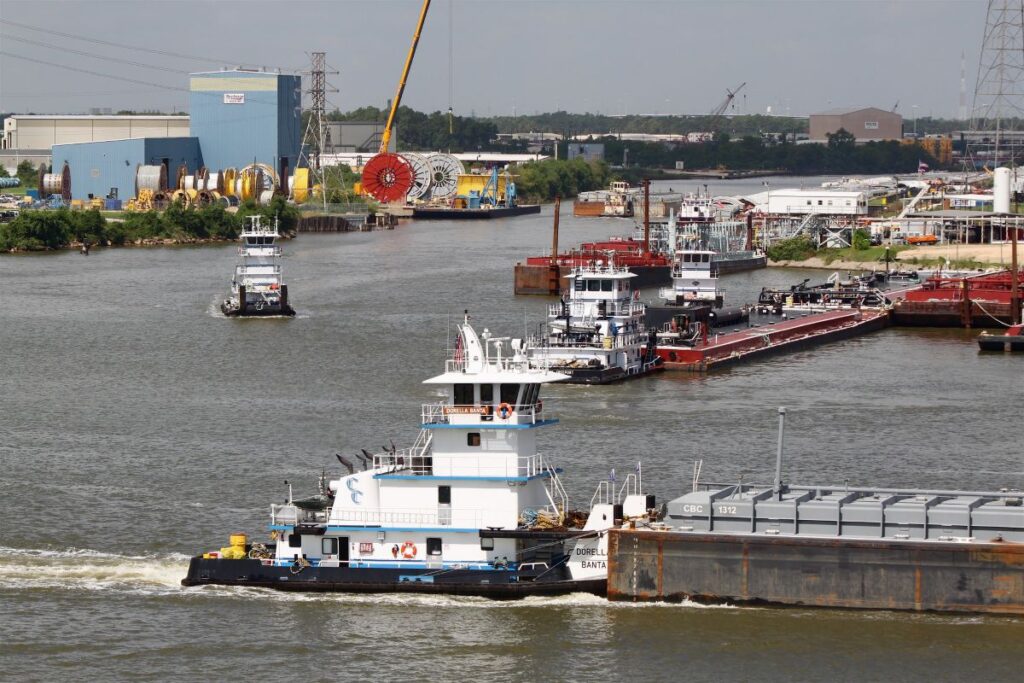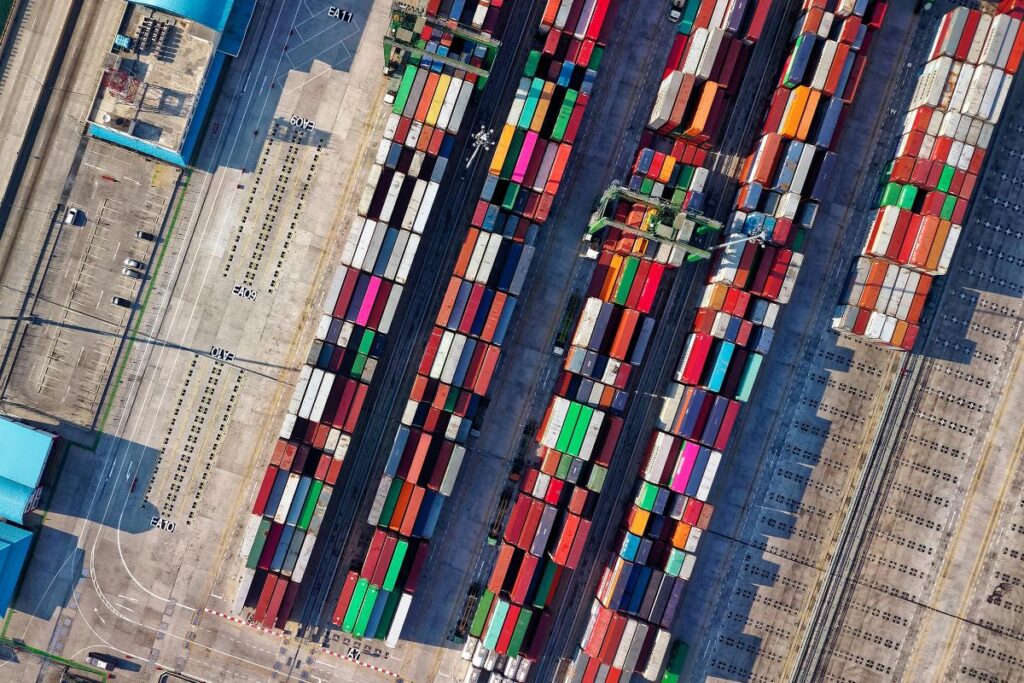Houston Ship Channel: The City’s Connection to the World
The Houston Ship Channel is a vital economic artery connecting Houston to the global marketplace. Stretching approximately 52 miles from the Gulf of Mexico to the Port of Houston, this man-made marvel has transformed the city into a thriving hub for commerce, industry, and innovation. Its strategic importance cannot be overstated, as it anchors Houston’s identity as a leading global city.
A Brief History of the Houston Ship Channel
The Houston Ship Channel’s roots date back to the late 19th century when local visionaries saw the potential for turning Buffalo Bayou and the San Jacinto River into navigable waterways. Officially opened in 1914, the channel was created through a combination of engineering ingenuity and financial investment, supported by both private stakeholders and the federal government.
One pivotal moment in its development was the Hurricane of 1900, which devastated nearby Galveston. This tragedy underscored the need for an inland port and helped solidify Houston’s commitment to the channel. Over the decades, expansions and improvements have kept the Houston Ship Channel competitive, adapting to the ever-growing demands of global trade.
The Role of the Port of Houston
At the heart of the Houston Ship Channel lies the Port of Houston, a 25-mile-long complex of public and private facilities. As one of the largest ports in the United States by total cargo tonnage, it plays a crucial role in facilitating the flow of goods, including petroleum products, chemicals, steel, and agricultural commodities.
The Port of Houston is not only a national leader but also a global one. It consistently ranks as one of the busiest ports in the world, driven by its efficient operations, advanced infrastructure, and proximity to major markets. With over 200 private terminals lining the channel, the port ensures seamless connectivity for businesses seeking access to international markets.
Key Industries Along the Channel
The Houston Ship Channel is an industrial powerhouse, hosting one of the world’s largest concentrations of petrochemical facilities. This includes companies such as ExxonMobil, Chevron Phillips, and Dow Chemical, which have built expansive operations along its banks.
The channel also supports the energy sector, which remains the backbone of Houston’s economy. With its extensive network of pipelines, refineries, and storage facilities, the channel facilitates the production and distribution of fuel that powers economies around the globe. Additionally, other industries, such as manufacturing, logistics, and maritime services, thrive due to the channel’s accessibility and infrastructure.
Environmental and Economic Balance
While the Houston Ship Channel is a cornerstone of economic growth, it also presents challenges related to environmental sustainability. Industrial activity has raised concerns about air and water quality, prompting companies and local authorities to implement greener practices.
Organizations like the Galveston Bay Foundation and the Houston-Galveston Area Council actively work to preserve the delicate ecosystems surrounding the channel. Efforts include habitat restoration, pollution control, and community engagement to ensure that economic progress does not come at the expense of the environment.
Global Trade and Strategic Importance
The Houston Ship Channel’s strategic location makes it a gateway for international trade. It serves as a critical link between the Gulf Coast and global markets, with exports and imports flowing to and from countries such as Mexico, China, and the Netherlands.
The channel’s connection to railroads, highways, and pipelines ensures efficient transport of goods, reinforcing Houston’s reputation as a logistics powerhouse. Whether it’s crude oil, liquefied natural gas (LNG), or containerized goods, the Houston Ship Channel handles it all with precision and scale.
Recent Developments and Future Outlook
Continuous investment in the Houston Ship Channel is crucial to maintaining its status as a global leader. Recent projects include the Houston Ship Channel Expansion – Project 11, which aims to widen and deepen the channel to accommodate larger vessels and increase shipping efficiency.
Innovation also plays a key role in the channel’s evolution. From adopting digital technologies to implementing sustainable practices, the future of the Houston Ship Channel is one of resilience and adaptability. These advancements not only benefit the local economy but also enhance the global supply chain, making the channel a cornerstone of international commerce.
Why the Houston Ship Channel Matters to Houston
The Houston Ship Channel has created thousands of jobs, spurred industrial innovation, and positioned the city as a global leader in trade and energy. Moreover, the channel underscores Houston’s connectivity to the world. It demonstrates the city’s ability to adapt to changing times, embracing both tradition and progress.
As Houston continues to grow, the channel will remain a vital link, bringing opportunities and prosperity to the region and beyond.



